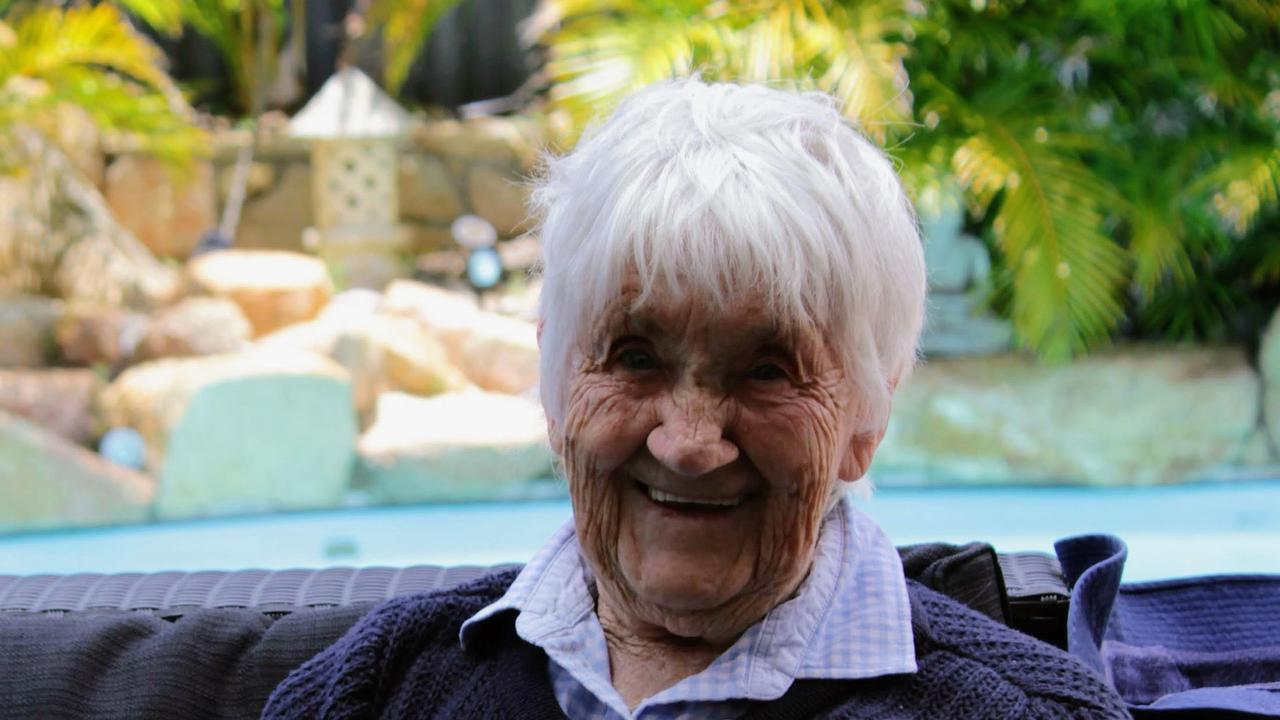Kundera, unmoved, turns the canon on itself
MILAN Kundera is a great essayist, and yet his best essays are reserved for his fiction.
MILAN Kundera is a great essayist, and yet his best essays are reserved for his fiction.
It is in the novel, that zone of total imaginative freedom, where the Czech author's genius for melding pure idea to character and narrative is most apparent.
Taking in the four volumes of essays made available in English since The Art of the Novel in 1986, we might say Kundera's nonfiction operates as a series of retrospective explanations and genealogical justifications for the louche, playful and incorrigibly metaphysical content of his imaginative work.
That said, Encounter is to Kundera's nonfiction what a late novel like Ignorance (2000) is to his earlier fiction: a slighter document, insightful always but the force of its ideas weakened by reiteration. Kundera is the first to admit his aesthetic has undergone no essential transformations. On the evidence of these pages, nor have his ideas about the novel, French literature, Czech politics and culture, music and visual arts.
Nonetheless, there is much that is fresh here, not least because the writer's attention is thrown outward, towards other creative figures (hence the title). The collection opens, for example, with an essay on Francis Bacon that aims straight at the heart of that magnificent and brutal artist's program:
Bacon's portraits are an interrogation on the limits of the self. Up to what degree of distortion does an individual still remain himself? To what degree of distortion does a beloved person still remain a beloved person? . . . Where is the border beyond which a self ceases to be a self?
What impresses Kundera about Bacon is not only his quest for an originality that does not sever modernism from earlier painterly traditions, but also his willingness to search, "in a time when the 'self' has everywhere begun to take cover", for (in Bacon's words) "that treasure, that gold nugget, that hidden diamond" that is "the face of the self".
And so Bacon serves as a template for what the creative figure should possess: "a clear-sighted, sorrowing, thoughtful gaze trying to penetrate to the essential". One of the pleasures of the subsequent essays, reviews and appreciations is the unlikely places where such a gaze may be found. Anatole France's The Gods are Thirsty is a neglected novel by a now unfashionable author. Yet Kundera's reading -- a subtle celebration of the author's ironic intelligence and the "light, light, light veil of sadness" worn in this fiction -- is so convincing it doubles back on those literary eminences who worked to expel France from the canon:
We all talk about the history of literature, we claim connection to it, convinced we know it, but what, concretely, is the history of literature in the common memory? A patchwork of fragmentary images that, by pure chance, each of thousands of readers has stitched together for itself. Beneath the hole-ridden sky of such a vaporous, illusory memory, we are all at the mercy of blacklists, of their arbitrary, untestable verdicts, and always ready to ape their stupid elegance.
Kundera also blows the dust off books by writers as disparate as Curzio Malaparte, Juan Goytisolo and Luis-Ferdinand Celine. These notices are short, often only a couple of pages, but they reorient the text in such a way as to make it new again. We know Celine as the brilliant French novelist whose anti-Semitic writings saw him tried after World War II for collaboration with the Nazis. It takes Kundera, however, to acknowledge that it was this long disgrace and universal condemnation that makes Celine's post-war writing unique: "That experience allowed him to see vanity not as a vice but as a quality inherent in man, a quality that never leaves him, even in his death throes . . ."
The most surprising encounters are with Francophone writers of Haiti and the former Islands of the Dutch Antilles. Anglosphere readers are treated to a series of biographical essays that trace the groundbreaking work of Aime Cesaire, founder of Martinican literature, Rene Depestre, Haitian author of a naive surrealist erotica, and painter Ernest Bruleur.
Kundera describes a literary and artistic milieu separated from many of us by geography, race and language. But his close readings of contemporary figures such as Patrick Chamoiseau, whose part-Creole novels are written in response to Cesaire's preference for uncorrupted French, allow us to appreciate how close their literary achievement lies to our own, Australian one:
He has taken liberties with French that no writer could imagine daring to take. It is like a Brazilian's liberty with Portuguese, a Spanish American writer with Spanish. Or, yes, the liberty of a bilingual writer who refuses to grant absolute authority to one or the other of his languages, and has the courage to disobey.
Many of the pieces in Encounter bemoan the moribund state of art and literature in Europe. Kundera's admirations are reserved for figures such as Bacon, Beckett, Janacek and Fellini: artists who closed the door on their respective traditions.
For all the praises sung in his Martinican essays, though, he seems to have missed their point: these days, art, like life, is elsewhere.
Geordie Williamson is The Australian's chief literary critic.



